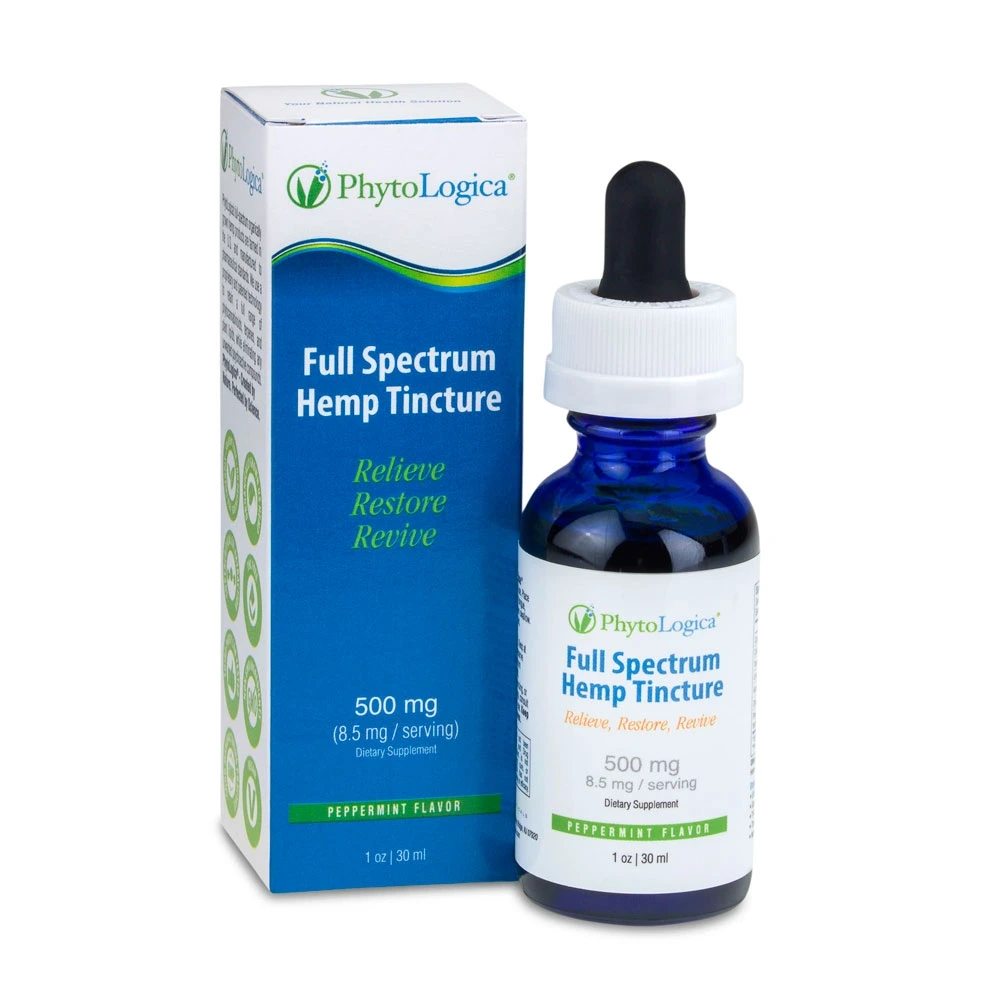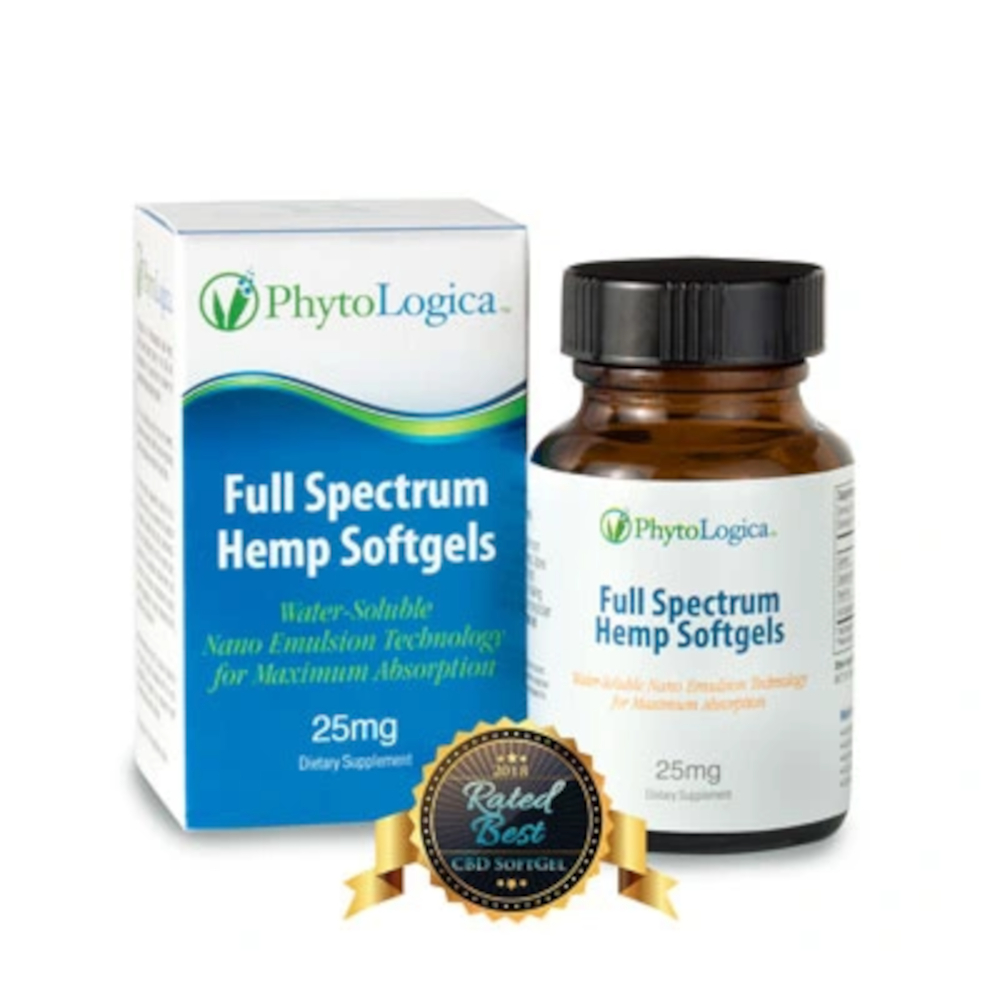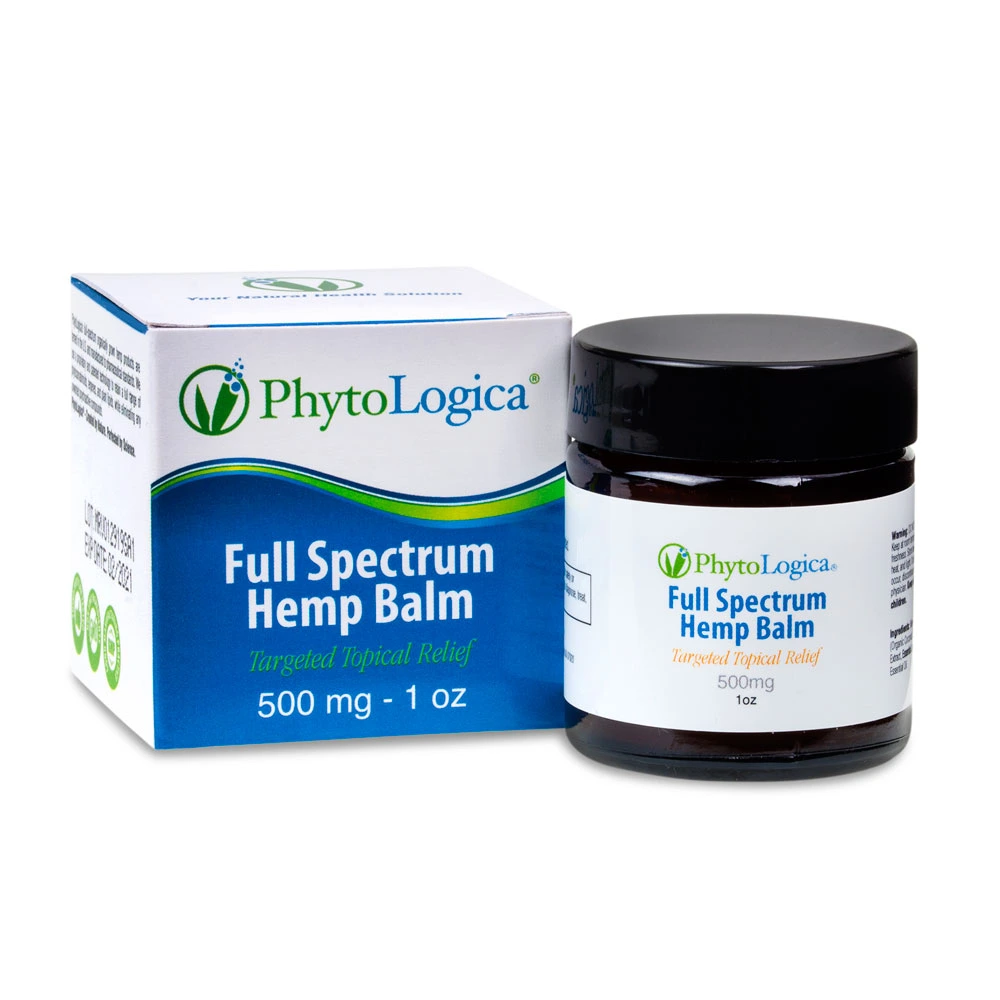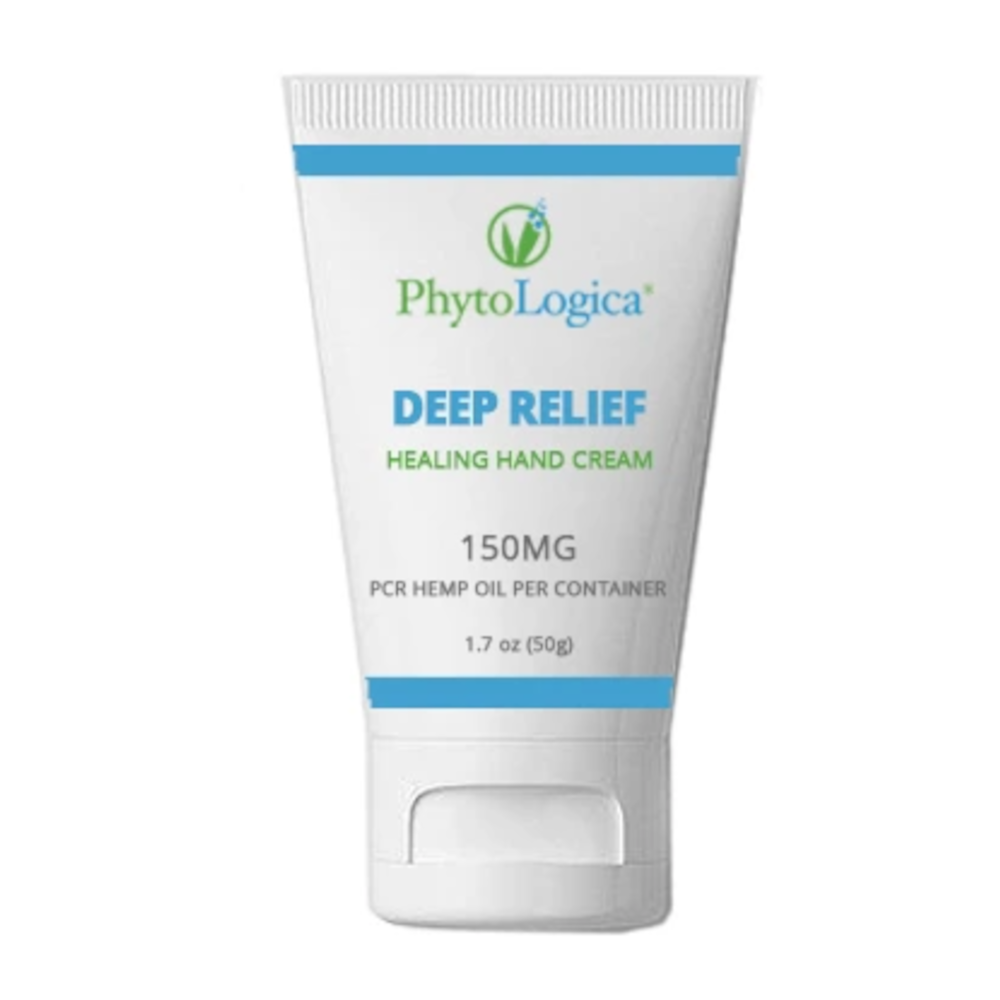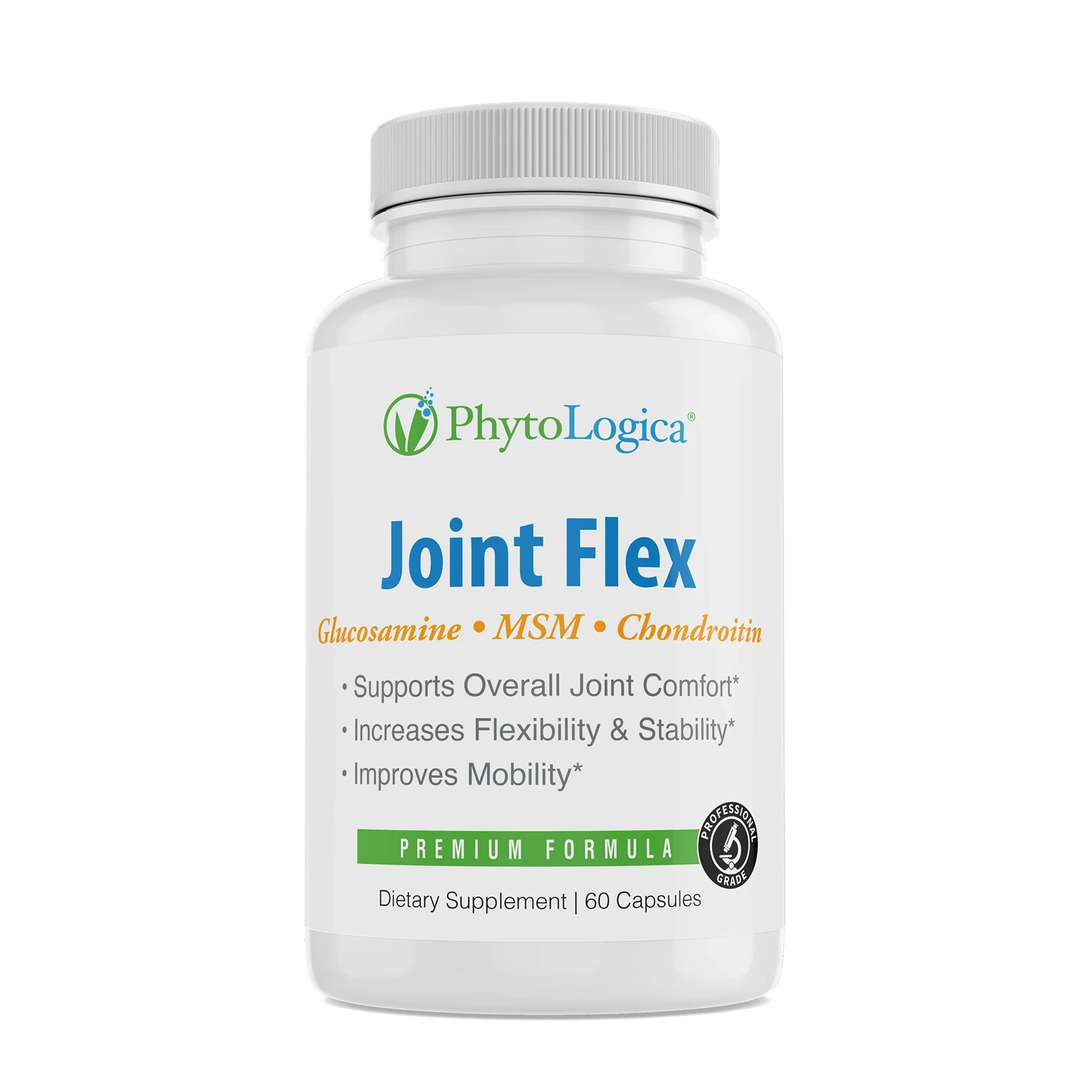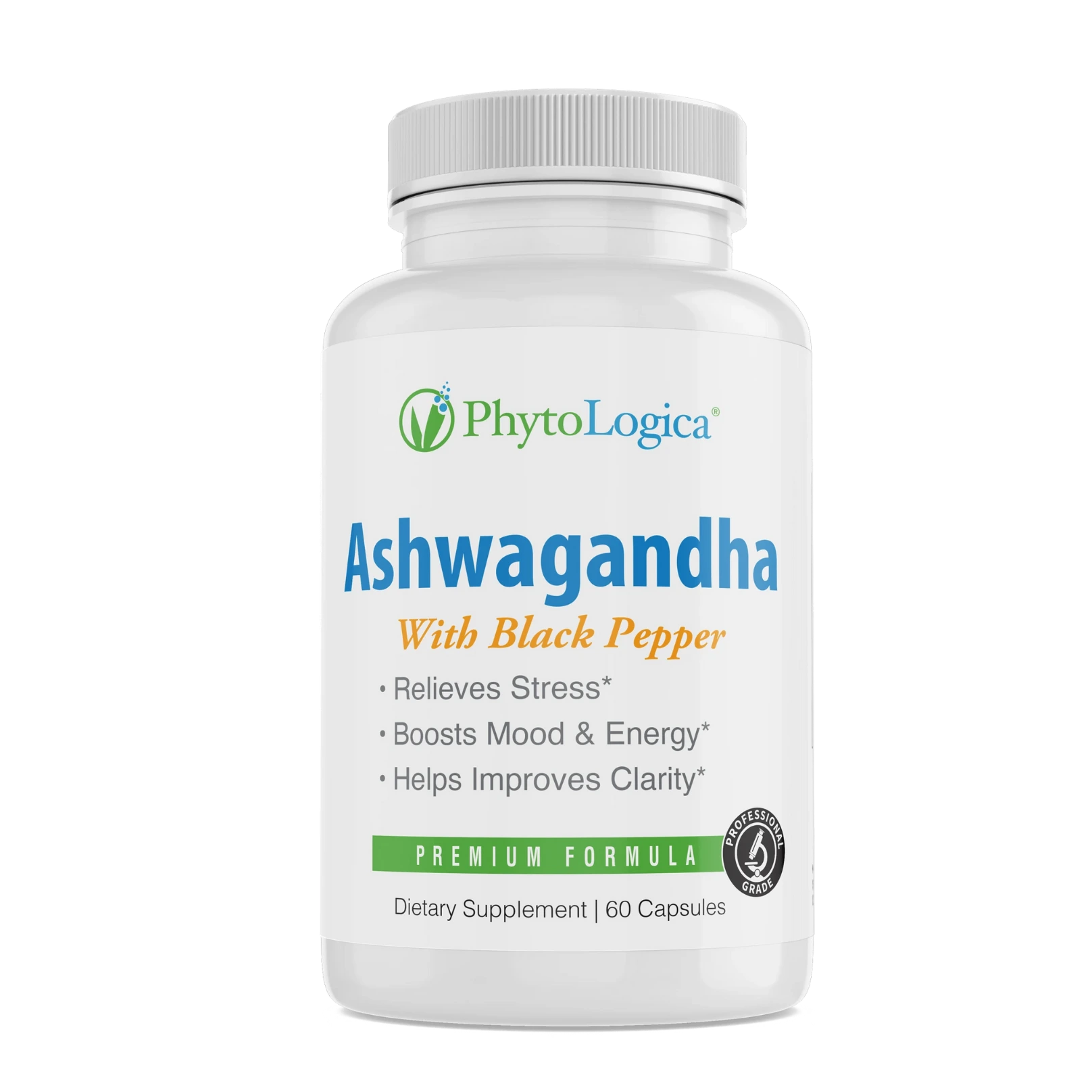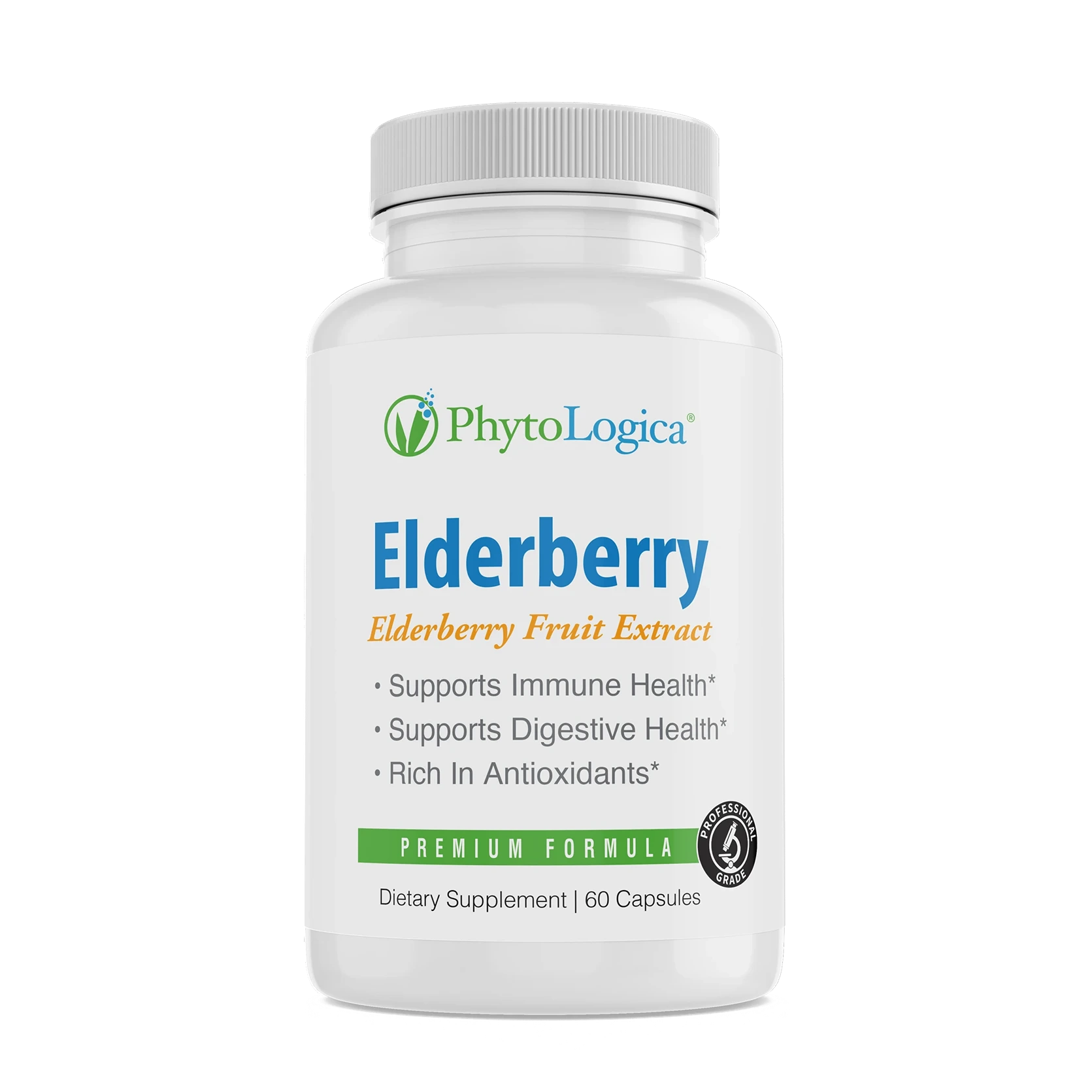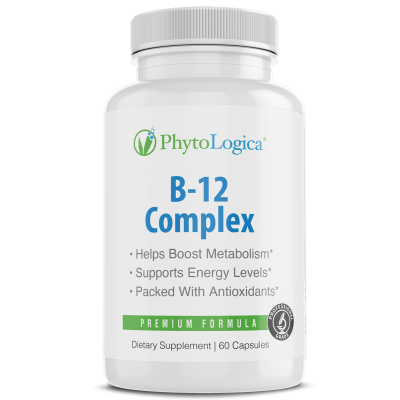Hemp, also known as industrial hemp, is a variety of Cannabis sativa plant species that is grown specifically for industrial purposes. Hemp plants are used for a variety of products, including paper, textiles, clothing, biodegradable plastics, and biofuels. In recent years, hemp has become increasingly popular for its potential health properties, and much research has been done to understand the role of terpenes in hemp and their effects on the human body.
What are Terpenes?
Terpenes are a diverse class of organic compounds that are produced by a variety of plants, including hemp. Some are cannabis derived terpenes, while others, those derived from non-cannabis plants, are called “botanical terpenes.” Terpenes are responsible for the distinctive aroma and flavor of plants, and have a wide range of biological and health-supporting properties. There are over 20,000 known terpenes, with more than 100 different true terpenes found in organic hemp.
Terpenes are produced in the same glands as cannabinoids, which are the active compounds in hemp responsible for its health-supporting properties. Terpenes work synergistically with cannabinoids and other compounds in hemp to produce a range of health-giving effects. This phenomenon is known as the entourage effect, and it is believed to enhance the healing potential of hemp.
How Do Terpenes Work?
Terpenes interact with the body’s endocannabinoid system (ECS), which is a complex network of receptors and molecules that regulates a variety of physiological and cognitive processes, including bodily sensations, mood, appetite, and sleep. The ECS consists of two primary receptors, CB1 and CB2, which are located throughout the body.
Terpenes have been shown to bind to these receptors, modulating their activity and producing a range of health-supporting effects. For example, some terpenes, such as limonene and pinene, have been shown to help with the inflammatory process, while others, such as linalool and beta-caryophyllene, have been shown to reduce aches.
Terpenes also play a role in the bioavailability of cannabinoids, which refers to the amount of a substance that is available to the body after it has been ingested. Terpenes can enhance the bioavailability of cannabinoids by promoting their absorption through the digestive system and the blood-brain barrier.
Terpenes in Hemp
As mentioned earlier, hemp contains over 100 different terpenes, each with its own unique aroma and health-supporting properties. Some of the most commonly found terpenes in hemp include:
Myrcene: This terpene has a musky, earthy aroma and is believed to have calming and relaxing properties.
Limonene: This terpene has a citrusy aroma and is believed to support the body’s healthy inflammatory function and antioxidant response.
Pinene: This terpene has a piney aroma and is believed to support the body’s healthy inflammatory function and help make breathing easier.
Linalool: This terpene has a floral aroma and is believed to have calming and stress reducing properties.
Beta-caryophyllene: This terpene has a spicy aroma and is believed to support the body’s healthy inflammatory function.
These terpenes, and others found in hemp, work synergistically with cannabinoids to produce a range of health-supporting effects.
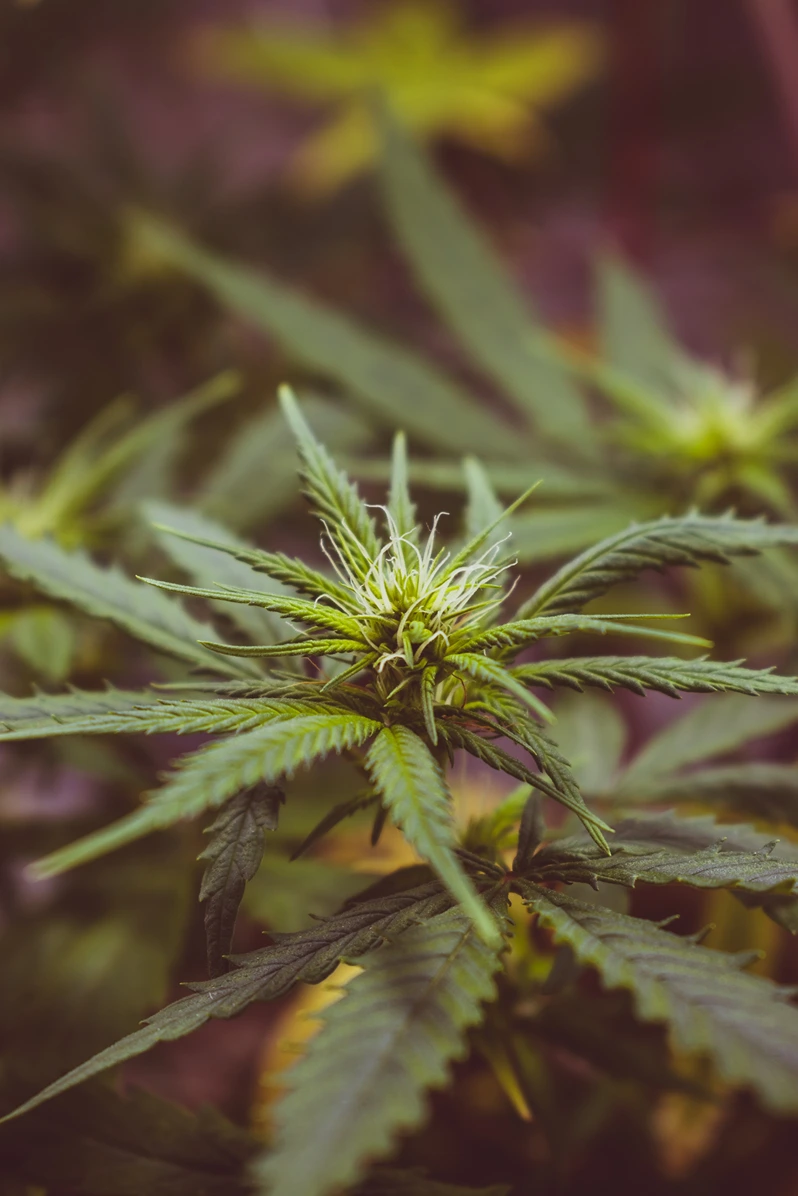
Terpenes and Full Spectrum Hemp Oil
It’s worth noting that full-spectrum hemp oil contains a wider range of terpenes than broad-spectrum hemp oil and CBD isolates, which contributes to its superior effectiveness. Full-spectrum hemp oil contains all the beneficial compounds found in the hemp plant, including cannabinoids, terpenes, flavonoids, and other phytonutrients. This means that full-spectrum hemp oil contains not only CBD, but also trace amounts of THC (<0.3%), as well as a range of other cannabinoids such as CBG, CBN, and CBC.
Terpenes work in synergy with cannabinoids to produce a range of health-supporting effects. Each terpene has its own unique properties, and when combined with cannabinoids, they can greatly enhance their healing potential. For example, myrcene, which is commonly found in full-spectrum hemp oil, is known for its calming and relaxing properties. When combined with CBD, myrcene can help to enhance the calming effects of CBD, making it more effective for promoting relaxation and reducing worries.
In addition to enhancing the health-supporting potential of hemp products, terpenes also play a role in their overall flavor and aroma. Full-spectrum hemp oil has a rich, earthy flavor and aroma, which is due in part to the presence of a wide range of terpenes. This makes full-spectrum hemp oil a more enjoyable and satisfying product to use, as it provides a more complete and holistic hemp experience.
While broad-spectrum hemp oil and CBD isolates may still provide some health-supporting benefits, they do not offer the full range of benefits that can be found in full-spectrum hemp oil. This is due to the fact that they do not contain the full range of terpenes and other beneficial compounds found in the hemp plant. For those seeking the full range of potential health-supporting benefits from hemp, full-spectrum hemp oil is the clear choice.
Conclusion
Terpenes are an important component of hemp products, and their presence can greatly affect the quality and effectiveness of hemp products. Terpenes work in synergy with cannabinoids and other compounds in hemp to produce a range of health-supporting effects, and this phenomenon is known as the entourage effect. Hemp contains over 100 different terpenes, each with its own unique aroma and healthy properties.
Full-spectrum hemp oil contains a wider range of terpenes than broad-spectrum hemp oil and CBD isolates, which contributes to its superior effectiveness. Full-spectrum hemp oil contains all the beneficial compounds found in the hemp plant, including cannabinoids, terpenes, flavonoids, and other phytonutrients. This makes full-spectrum hemp oil the preferred choice for those seeking the full range of potential health-supporting benefits from hemp.
Legal Disclaimer
These statements have not been evaluated by the Food and Drug Administration. Statements regarding dietary supplements have not been evaluated by the FDA and are not intended to diagnose, treat, cure, or prevent any disease or health condition.


